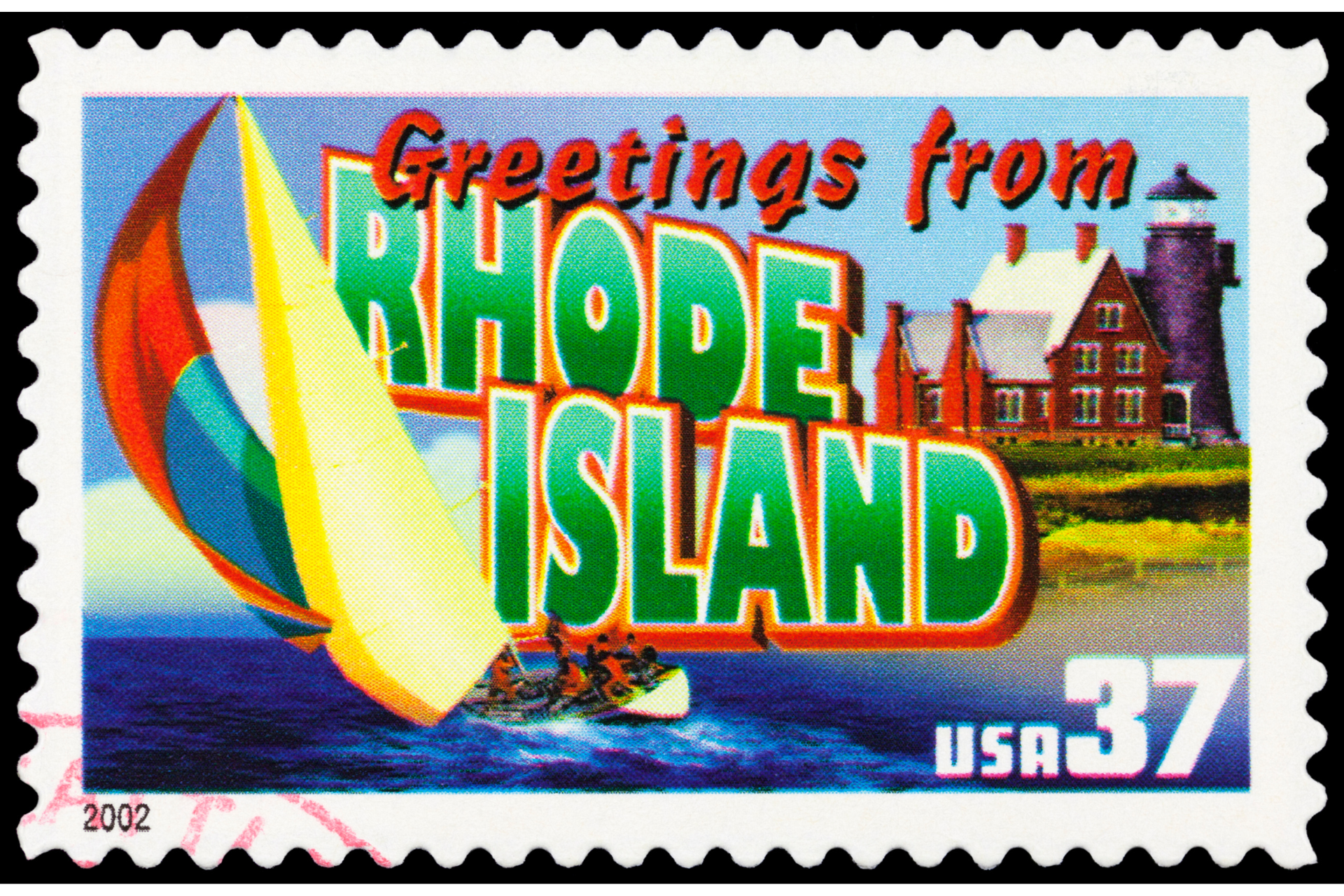Puerto Rico voters have never voted for independence. When placed on a ballot, the independence option has never received much more than 5%of the vote. No Independence Party candidate has ever been elected Puerto Rican governor or resident commissioner.
The Independence Party is as popular in Puerto Rico as the Libertarian and Green parties are on the mainland. Polling in Puerto Rico during this century consistently shows that Puerto Ricans prefer statehood over independence.
Simply put, Puerto Ricans do not want independence. A tiny fraction of people on the Island are open to that option — but it’s fewer than the number that support independence in Texas, for example. Some supporters believe – incorrectly – that U.S. citizenship in a foreign country of Puerto Rico would be protected and secure.
Yet we sometimes see articles arguing passionately for independence for Puerto Rico. Nearly always, the writers live in a state. We have to wonder: is it ethical for people living in a state to advocate Puerto Rico independence for others?
The romance of independence
Although there is dignity of transitioning a colony to independence, there is also dignity in moving a colony towards equality through statehood.
Yet stateside independentistas sometimes have a romantic support for independence. Speaking about the Philippines, then-President Calvin Coolidge explained such sentiments this way: “Independence is a very appealing word. Few people will vote against independence for themselves or against independence for anybody else.”
This kind of sentimental devotion to the idea of independence could satisfy an observer who will not have to face the consequences of such a decision. People born in states will not face the uncertainty inherent in a Puerto Rico transition to independence, which includes, in the words of the 2011 Report by the President’s Task Force on Puerto Rico’s Status, “[a] host of issues, such as restrictions (or lack thereof) on travel to the mainland, immigration regulation, security arrangements, and economic aid[.]”
U.S. citizenship is a particularly significant issue. As noted in the 2011 Report issued by the Obama White House, Puerto Ricans “value their U.S. citizenship enormously,” but as the House-passed Puerto Rico Status Act made clear more recently, U.S. citizenship is “recognized, protected, and secured” only under statehood.
“The people of Puerto Rico” stateside independentistas appear to be saying, “should fight for independence, face the uncertainty of developing a new government and a new economy…while I stay here in my state and read about it in the news.” Is this an ethical position?
What Will Happen to U.S. Citizenship in a New Nation of Puerto Rico? The Word from Washington
The Question of Ethics
In an open democracy, just about all speech is constitutionally protected, but is it always ethical? Some factors to consider:
- Given the premium that Puerto Ricans place on their U.S. citizenship, is it ethical for anyone whose U.S. citizenship is apparently secure to advocate for a policy that jeopardizes or, at a minimum, cannot guarantee continued U.S. citizenship in Puerto Rico?
- What if an advocate for independence whose U.S. citizenship is not apparently at risk is simply uninformed and just hopes U.S. citizenship would continue for all Puerto Ricans in a foreign country?
- What if such an advocate knows that US citizenship cannot be guaranteed but argues for Puerto Rican independence anyway based on a romanticized ideal of independence for a far-off land?
- The U.S. has never faced a situation in which 3 million U.S. citizens suddenly find themselves in a foreign country. Is it ethical to make promises to the people of Puerto Rico on the fate of any of their rights under independence if neither current U.S. law not history provide a road map with any guarantees?
- When the U.S. territory of the Philippines became an independent country, Filipinos living in the states at that time lost their status as U.S. nationals and became aliens subject to deportation. Is it ethical to promise to Puerto Rican born individuals living stateside that they are not at risk in a transition to independence?
- Is it ethical to advocate for Puerto Rico independence as a way to preserve and protect the culture of Puerto Rico, while doing so from the comfort of a state, away from Puerto Rican culture?
- Does the answer to this question depend at all on how assimilated an individual has become to his/her new environment as opposed to safeguarding and preserving Puerto Rican culture, such as the extent to which an advocate for independence living stateside speaks Spanish?
- Is this purely a question of ethics? Or is it a question of privilege? Or one of hypocrisy?
Given its lack of support in Puerto Rico, independence would have to be forced upon the people who live there. Is it ethical for advocates who live in states – with full power of congressional representation – to leverage their power against the wishes of their fellow U.S. citizens in Puerto Rico, who lack that power? It’s worth thinking about.
What Happens to U.S. Citizenship If Puerto Rico Becomes a Foreign Country? Possible Scenarios


